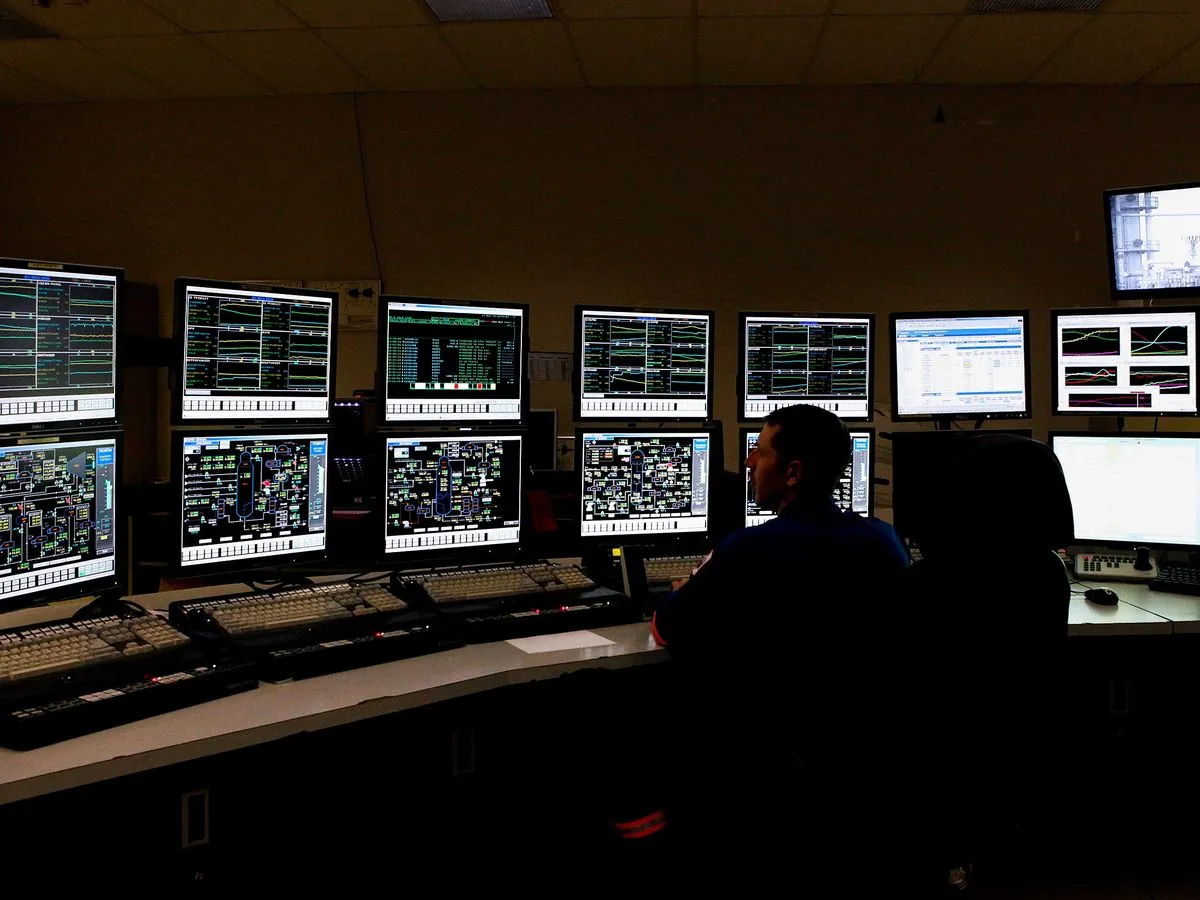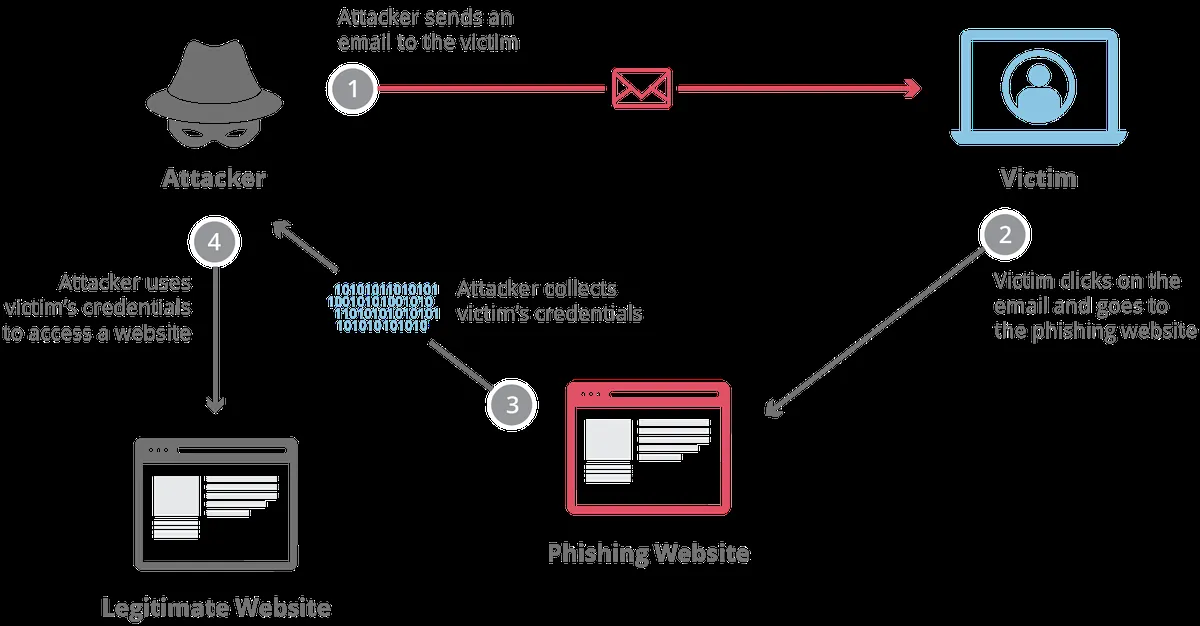Iranian Cyber Efforts Target 2024 U.S. Election Campaigns
U.S. intelligence warns of Iranian attempts to interfere in the 2024 election through hacking and disinformation. Both Republican and Democratic campaigns have been targeted, raising concerns about election security.

U.S. intelligence officials have recently raised alarms about Iranian efforts to influence the 2024 presidential election. These attempts, reminiscent of previous interference four years ago, aim to sow discord and potentially undermine certain candidates' campaigns.
The FBI is currently investigating suspected Iranian hacking activities targeting both Republican and Democratic presidential campaigns. These attacks primarily utilize spear-phishing emails, a technique designed to gain unauthorized access to sensitive communications.
Donald Trump's campaign has been particularly affected, with several documents reportedly compromised. While the campaign suggests Iranian hackers leaked these documents to media organizations, no concrete evidence has emerged to support this claim. The Biden-Harris campaign was also notified of potential foreign actor influence operations but reports no known security breaches.

Iran's cyber capabilities have evolved significantly since 2007, with the establishment of the Iranian Cyber Army. The Islamic Revolutionary Guard Corps (IRGC) is believed to be the primary force behind many of these operations. Iran's investment in cyber education and training has cultivated a skilled workforce, placing its capabilities among the top tier globally.
Christopher Krebs, former director of the U.S. Cybersecurity and Infrastructure Security Agency, suggests that Iran's motives include embarrassing the Trump campaign and preventing his potential return to office. However, the broader aim appears to be damaging the United States' global reputation and exacerbating internal strife.
Researchers at Microsoft's Threat Analysis Center have noted a significant increase in Iranian malicious cyber activity over the past 90 days, mirroring the pattern observed before the 2020 presidential election. Unlike Russian interference, Iranian activity typically begins later in the election cycle and focuses more on creating chaos than shaping the outcome.
"We shouldn't be surprised at all that the Iranians are trying to influence the electoral process. This is something they've done since '18, '20, '22. I would characterize this as troublesome, but I wouldn't say this is particularly audacious."
Iran's cyber operations extend beyond election interference. The country has been linked to attacks on banks, government agencies, and energy companies worldwide. Notably, Iran itself has been a target of cyber attacks, including the Stuxnet worm that targeted its nuclear program in 2010.
Recent investigations have uncovered potential future Iranian influence operations. Researchers identified four websites, covertly run by Iran, masquerading as legitimate news outlets. These sites publish articles on controversial subjects, including the presidential election, LGBTQ+ rights, and the Israeli military campaign in Gaza.
The use of artificial intelligence in creating more authentic-looking influence sites marks a significant evolution in Iran's tactics. These sites may be establishing credibility for future disinformation campaigns.
While the full extent of Iran's current activities remains unclear, experts urge vigilance and appropriate responses to deter future interference attempts. As the 2024 election approaches, maintaining robust cybersecurity measures and public awareness will be crucial in safeguarding the integrity of the democratic process.



































